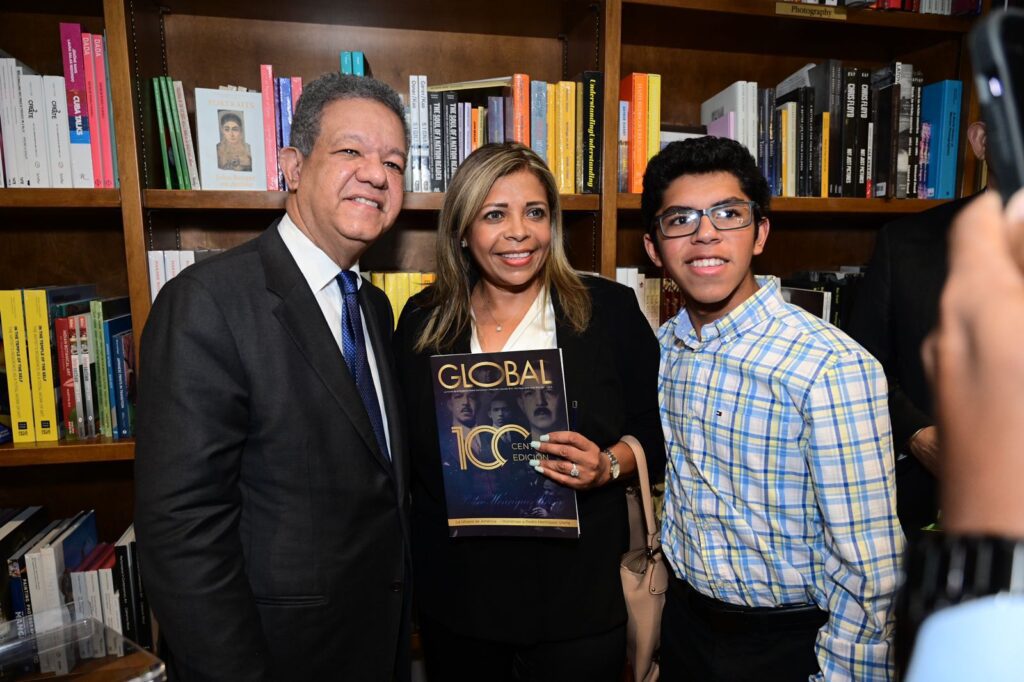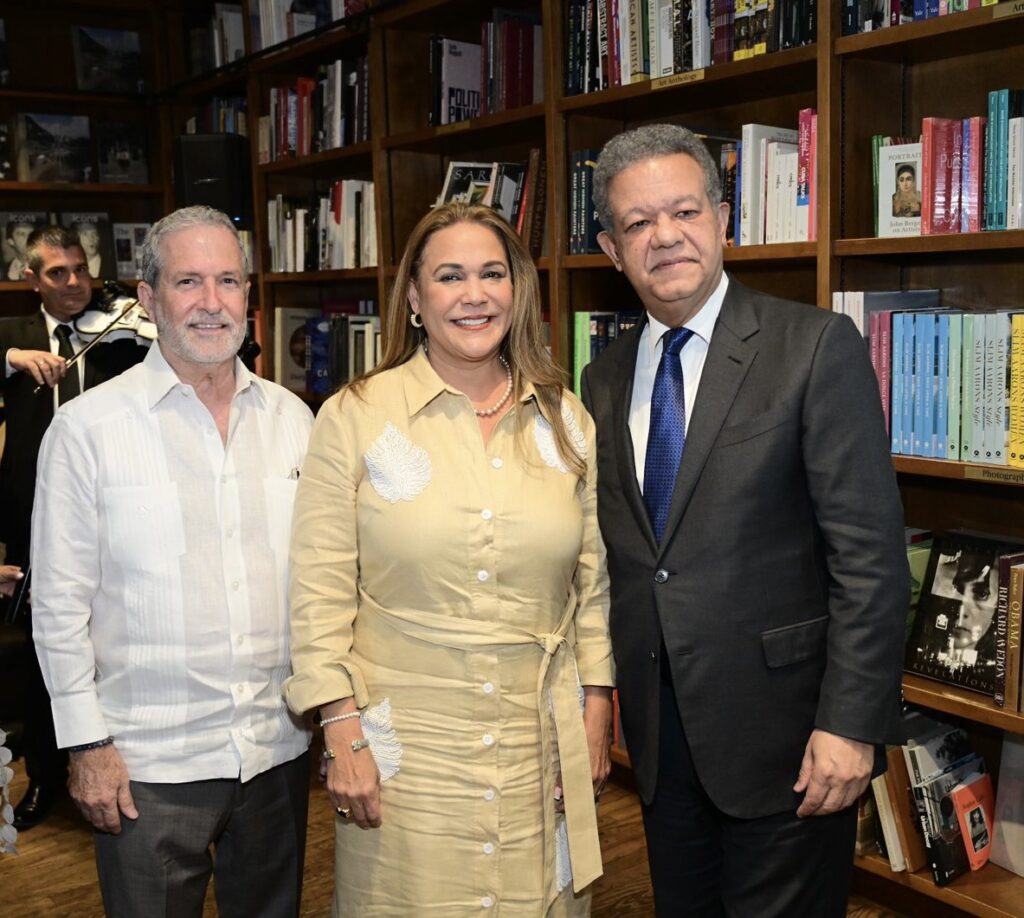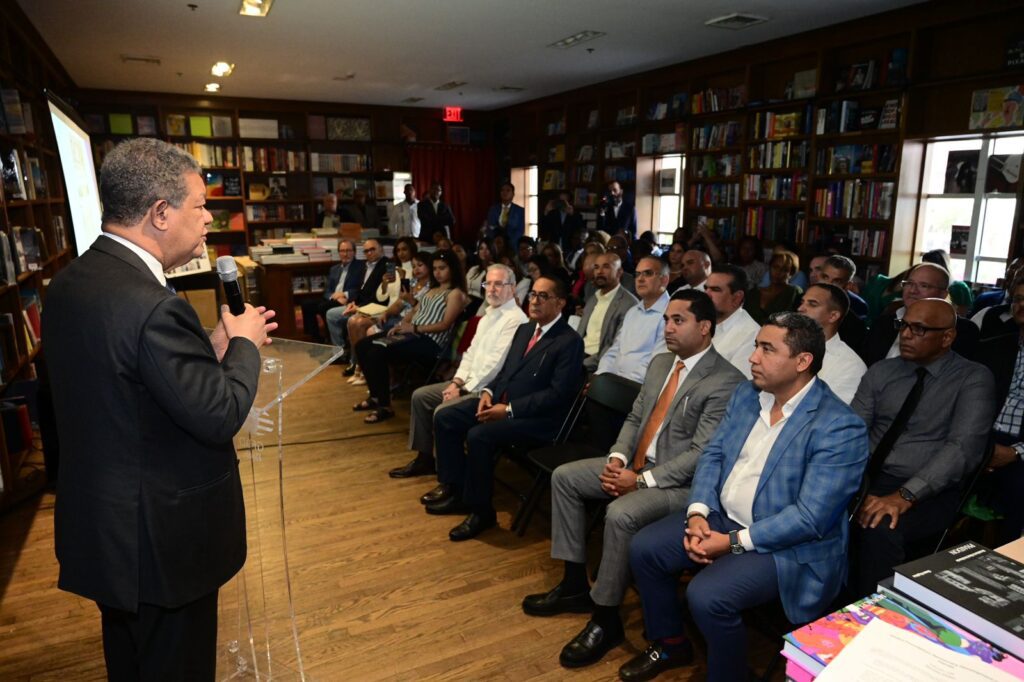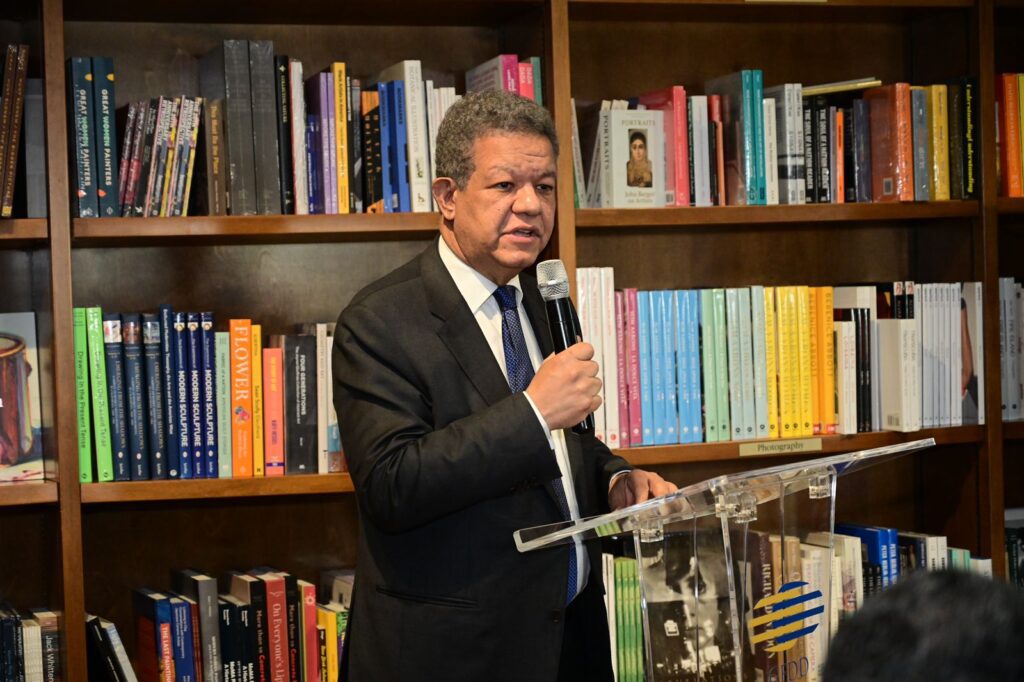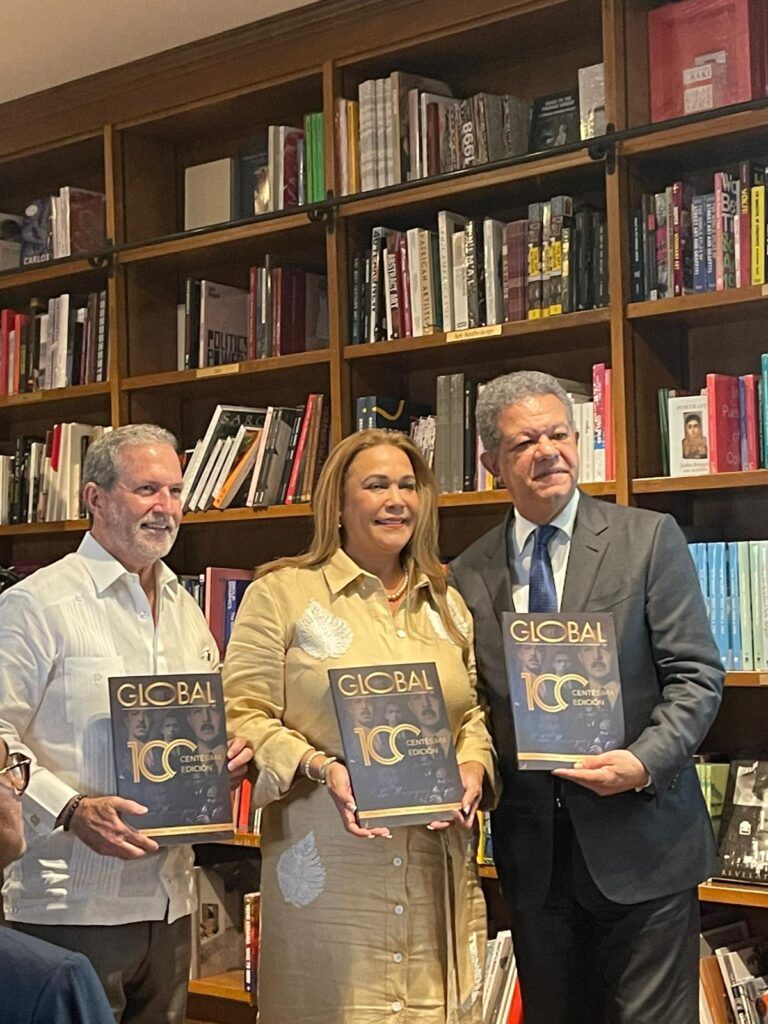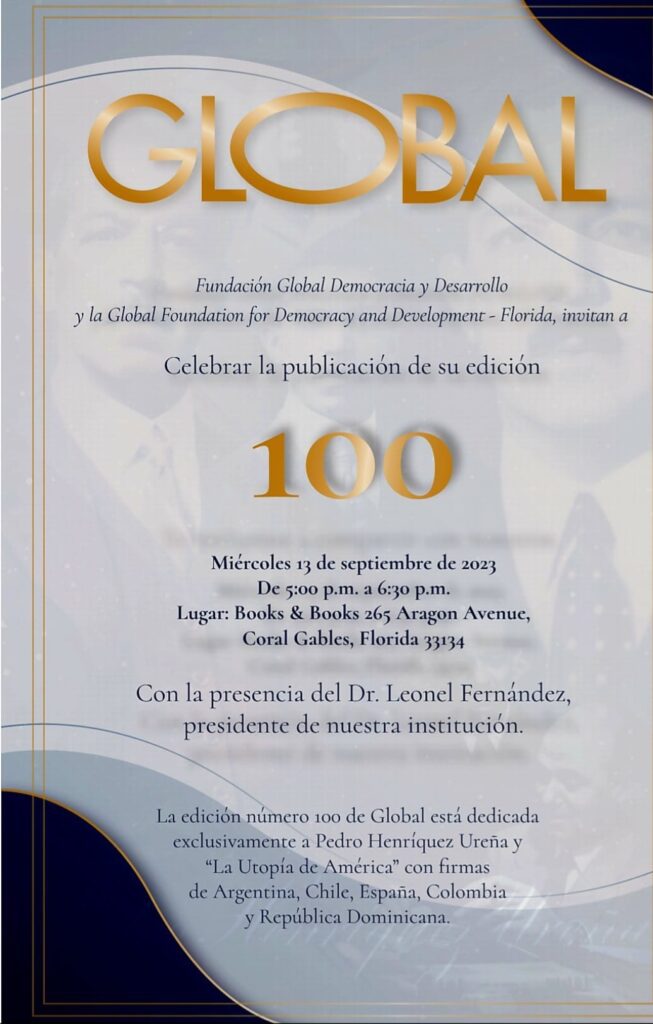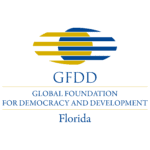Coral Gables, FL – On September 13, 2023, at the renowned Books & Books in Coral Gables, the Global Foundation for Democracy and Development (Funglode) proudly celebrated the 100th edition of its esteemed magazine, Global.This milestone issue is dedicated to exploring the life, work, and thought of the illustrious Dominican humanist, Pedro Henríquez Ureña.
Marking a significant moment in the history of cultural publications in the Dominican Republic, this special edition features in-depth studies by eleven scholars from Argentina, Chile, Spain, Colombia, and the Dominican Republic. Each contributor brings a unique perspective, offering a multifaceted examination of Henríquez Ureña’s legacy.
Among the notable articles is “A Century of La Utopía de América” by Carlos María Romero Sosa, which provides a historical and analytical review of Henríquez Ureña’s seminal text, emphasizing its enduring relevance even a century after its initial presentation at an Argentine university.
Essayist Beatriz Sarlo contributes with “Pedro Henríquez Ureña: A High-Precision Instrument,” where she examines Henríquez Ureña’s Latin Americanist thought and compares his influence with other prominent figures across the continent, highlighting the lasting impact of his ideas.
Bruno Lloret’s article, “Critical Exercise: Historicity, Janus Thresholds, Autodidacticism, Post-Latinities,” delves into the role of Henríquez Ureña’s work, particularly La Utopía de América (1922), linking it to broader intellectual contexts and reorienting certain concepts present in his writings.
In “Classicism in the History of Culture: A Lecture by Pedro Henríquez Ureña,” Carmen Ruiz Barrionuevo reflects on Henríquez Ureña’s 1907 lecture in Mexico on the Spanish poet José María Gabriel y Galán, discussing its significance in the trajectory of his thought.
Néstor Rodríguez’s article, “Pedro Henríquez Ureña and the Drifts of Utopia,” explores lesser-known aspects of Henríquez Ureña’s work, including his humanistic preaching, sociological concerns, and political engagement during his final years.
William Marín Osorio examines the utopian elements in Henríquez Ureña’s work from social and political perspectives in his piece, “The ‘Essayistic’ Writing of Pedro Henríquez Ureña,” highlighting the Dominican humanist’s intellectual project aimed at fostering reflection on the possibilities of Hispanic America through open dialogue.
Eva Guerrero’s “Approaches to the Visibility of Women in Pedro Henríquez Ureña’s Work” discusses the high regard Henríquez Ureña had for women in culture, education, and literature. In “Philological Dimension of Pedro Henríquez Ureña,” Bruno Rosario Candelier examines the humanist’s role as a philologist, literary cultivator, and defender of proper language usage, emphasizing his didactic mission to promote the attributes and significance of the Spanish language.
Miguel D. Mena’s article, “Two Early Visions on the Future of Pedro Henríquez Ureña,” evaluates the legacy of Henríquez Ureña through two letters focusing on the Dominican historian Emilio Rodríguez Demorizi, who was entrusted with the humanist’s most personal papers.
Soledad Álvarez offers a vivid account of Henríquez Ureña’s life in “Pedro Henríquez Ureña: A Conversation That Never Ends,” reflecting on his intellectual prowess, sense of friendship, and his role in shaping future generations of leading thinkers.
This landmark edition also features an interview with Pedro José Ortega, who reflects on Henríquez Ureña as “a teacher, an immigrant, without exceptional academic positions, without professed ideological inclinations, and without accumulated material wealth.” The issue concludes with the magazine’s regular sections on Books and News.
Global is a multidisciplinary bimonthly publication of the Fundación Global Democracia y Desarrollo (Funglode) and its Editorial Funglode. The magazine serves as a platform for social and cultural reflections, aligning with contemporary thought and realities, thereby enhancing the quality of public discourse.
